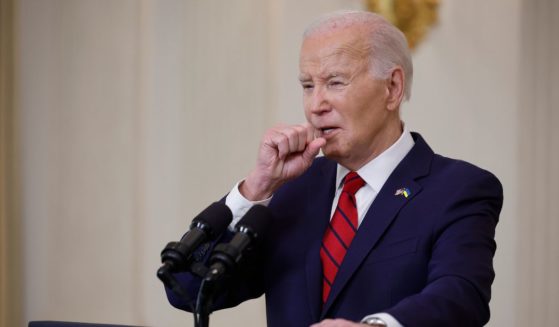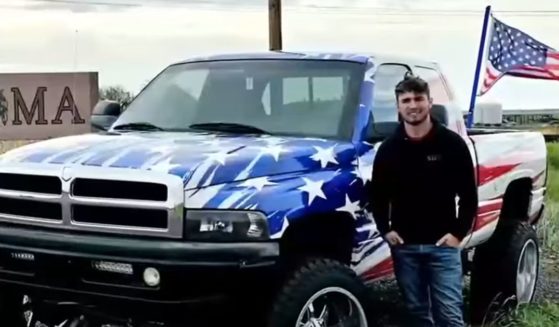Sudan Moves To Criminalize Female Genital Mutilation
Sudanese officials said Saturday they are working to criminalize the widespread practice of female genital mutilation after the transitional government approved a landmark draft law.
Under the proposed amendment to the criminal code, anyone found guilty of performing the procedure would be sentenced to up to three years in prison, according to a copy obtained by The Associated Press.
The law must still be ratified by a joint meeting of the Cabinet and the sovereign council, which assumed power after last year’s overthrow of longtime President Omar al-Bashir.
Female genital mutilation is a deeply rooted practice in Sudan and other countries in Africa, Asia and the Middle East, where it is traditionally seen as a way of curbing female sexual desire to reinforce conservative behavior. The practice is carried out with special knives, scissors, scalpels, pieces of glass or razor blades.
Anaesthetic and antiseptics are generally not used unless the procedure is carried out by doctors.
A 2014 report by the U.N. children’s agency estimated that 87 percent of Sudanese women and girls between the ages of 15 and 49 have been subjected to the procedure.
Most undergo an extreme form known as infibulation, which involves the removal and repositioning of the labia to narrow the vaginal opening.
The government’s proposal is part of a set of sweeping amendments that would abolish the death penalty for people under the age of 18 and prevent pregnant women from being imprisoned for minor crimes.
In November, the transitional government overturned an al-Bashir-era moral policing law that criminalized revealing clothing for women and drinking alcohol. The move was hailed by rights groups as “a step forward for women’s rights.”
Dalia al-Roubi, a spokeswoman for Prime Minister Abdalla Hamdok, said the government hopes to convene a meeting with the sovereign council soon to ratify the law. Rajaa Nicola, a member of the sovereign council, said it had yet to be scheduled.
The proposed law has been brought forward by the country’s interim government, which includes four female ministers. If passed it would be an achievement for the technocratic leaders trying to steer Sudan toward democratic and economic reforms.
However, rights groups warn that the practice remains deeply entrenched in Sudanese society and that enforcement could face obstacles. Female genital mutilation has survived in other countries that have criminalized it.
It’s also unclear whether the country’s military leaders, who make up a majority of the sovereign council, will approve the law, which could spark a backlash by powerful Islamist groups that backed al-Bashir.
In the past decade, the provinces of al-Qadarif and South Kordofan outlawed the practice in a move that did not make its way to other provinces.
“It’s a great victory for Sudanese women,” said Nahid Gabrellah, director of the Seema center for women’s rights, adding that more efforts were needed to raise awareness.
The U.N. children’s agency also welcomed the efforts to outlaw the practice.
“This practice is not only a violation of every girl child’s rights, it is harmful and has serious consequences for a girl’s physical and mental health,” said Abdullah Fadil, the agency’s representative in Sudan.
The Western Journal has reviewed this Associated Press story and may have altered it prior to publication to ensure that it meets our editorial standards.
Truth and Accuracy
We are committed to truth and accuracy in all of our journalism. Read our editorial standards.












